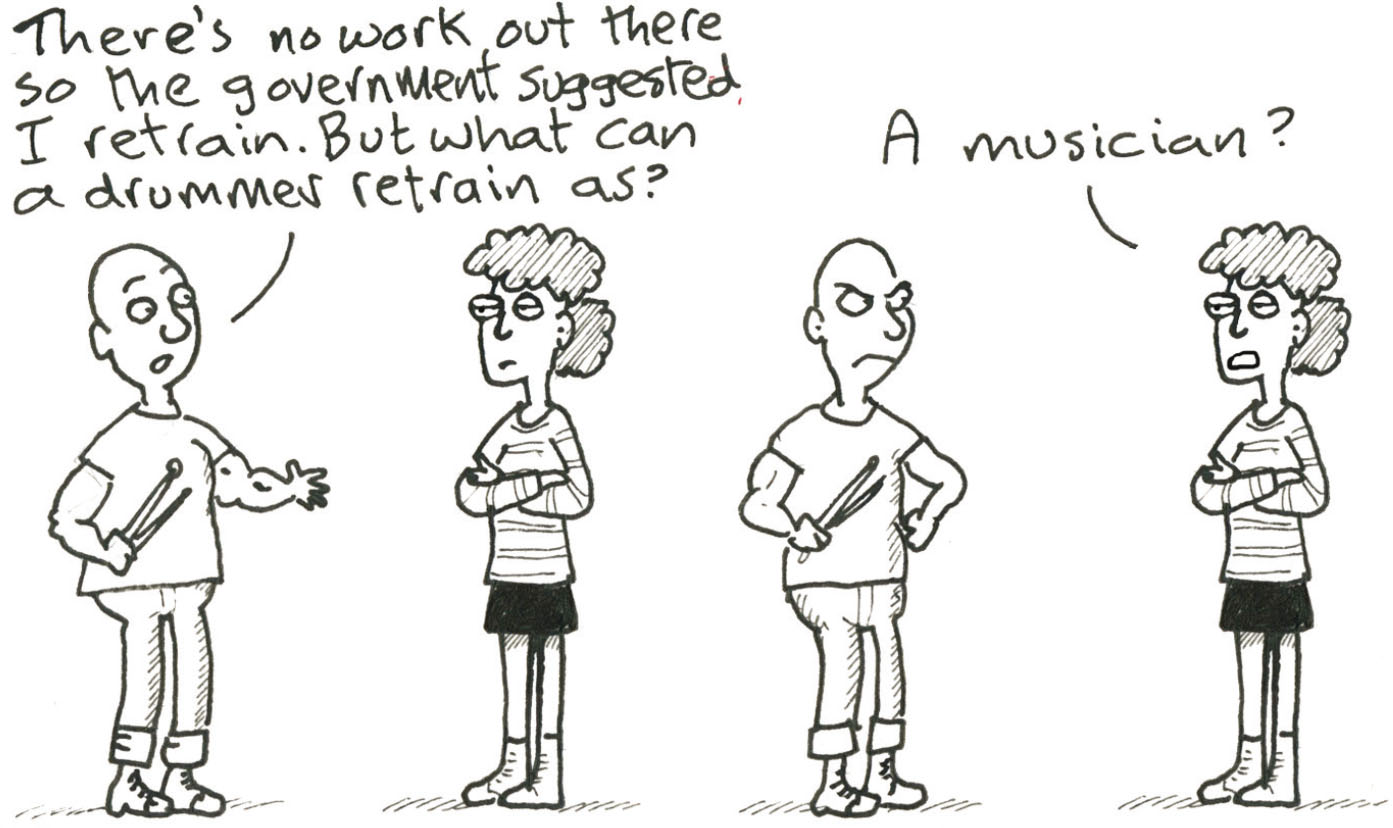
ABRSM out of touch?
It was hard for us all as lockdown took hold, but piano teachers are a fairly resilient bunch and we switched to online lessons and explored the delights of Zoom, Skype, FaceTime, and WhatsApp as our delivery methods. What we needed from the exam boards was understanding, communication, and for them to adapt quickly, too. Some boards managed this more quickly than others: Trinity and LCM quickly offered recorded exams, whereas ABRSM were slow to react (this is a regular complaint with them), and were very poor at communicating with their customers. On top of that, they introduced wide-ranging piano syllabus changes and drastic theory syllabus and delivery alterations. We felt that we were already having to cope with many new things and were all quite stressed because of it.
This, combined with the apparent complete unawareness of ABRSM to appreciate our circumstances and challenges, was astonishing. They seemed to be so out of touch with the times and their core customers! Many of these changes would have been welcomed, but not when piano teachers were stretched to their outer limits.
They sailed on regardless and apparently uncaring.
- Fiona Lau, pianist, piano teacher and author
Renewing Kodály's legacy
In the September issue, the reviewer of the biography of Cecilia Vajda, who dedicated her career to furthering the Kodály musical approach in this country, asked the reader to reflect, in the context of contemporary music education, on whether the Kodály approach has a future in the UK.
Our response is that it certainly does, a claim supported by the number of people who access our Kodály musicianship courses for their personal musical development, by the many teachers who join the range of courses we provide in Kodály-based teaching practice, and by the number of schools who contact us for guidance. The demand has increased during the challenging circumstances of 2020, and, as we have adapted to the world of Zoom, the numbers engaging with us show a widening of interest among teachers and others in what Kodály has to offer.
Kodály didn't invent a method, but expounded and developed a philosophy: thoughts on the importance of building musical literacy by teaching and learning concepts progressively, in order to understand music on the deepest level. Its principles are relevant, child friendly, timeless – who could argue that inclusiveness, teaching music in a joyful way, and a step-by-step approach are not relevant anymore? The approach requires informed and disciplined application but is not prescriptive – it is as creative as each individual teacher's musicianship, imagination and teaching skills allow.
We recognise that Kodály's life and work must be understood in the context of the place and time in which he lived – but that doesn't limit its relevance now, and in the years ahead. What is essential, in following any philosophy or approach, is constant reexamination and review of the implications, and of how best to apply the principles in the age in which one lives.
In the British Kodály Academy this process of re-examination and refreshed interpretation of the Kodály-inspired approach to meet the challenges of the 21st century – finding ways to interact with and influence contemporary music education, and updating the support we offer music teachers – is well under way.
- E Burgess, S Edwards, L Geoghegan, E Hargittai, N Ibbotson, A Murdock, J Oliver, M Oliver, N Woods. (Trustees: British Kodály Academy)

THE PERIS




